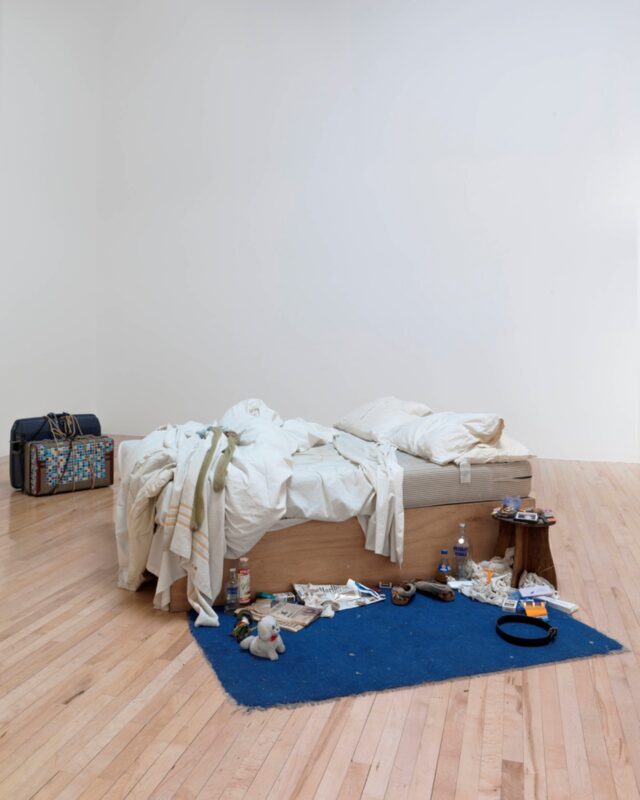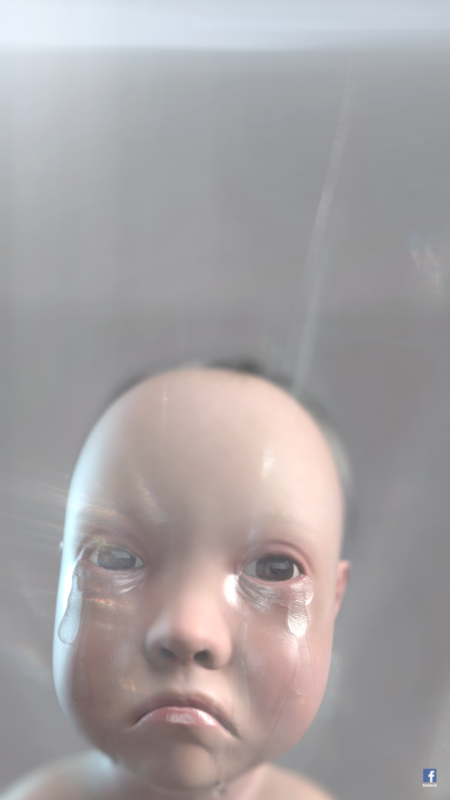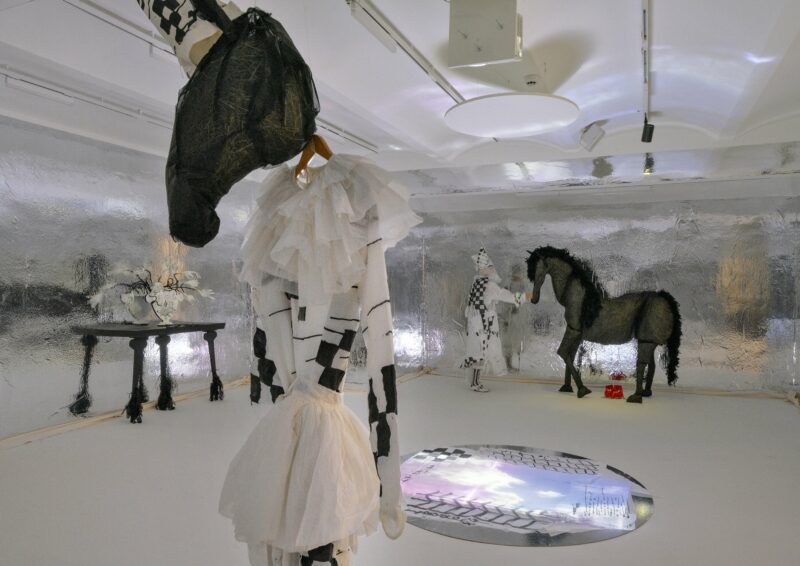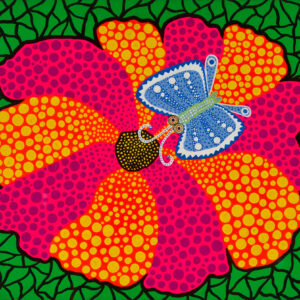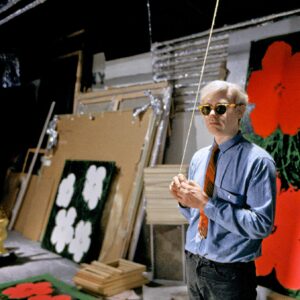
Who was the greatest British painter of the 20th century? Plenty, I suppose would make a case for David Hockney, Lucian Freud, Howard Hodgkin and Stanley Spencer. I’d rank Paul Nash, Eric Ravilious, Ben Nicholson, Patrick Caulfield and Frank Auerbach higher, but I suspect few would share my view. Perhaps that leaves the most plausible candidates as Francis Bacon, Bridget Riley and Walter Sickert – and Sickert (1860-1942) gets by far the least attention these days. Indeed, he’s tended to be mentioned more in recent years for the implausible theory that he was Jack the Ripper than for his paintings. That makes Tate Britain’s new show, London’s biggest London retrospective in 30 years, a welcome chance to consider him fully. You can quibble with the presentation (how did they come up with those wall colours?) but the content provides an excellent overview to facilitate your judgment.
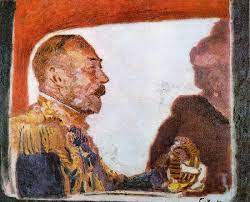
By way of example, the last room presents the once-controversial late work made explicitly from photographs. Now that, like much of his oeuvre, can be seen as a proto-pop interest in media and celebrity – complementing his more typical interest in the more socially deprived. The catalogue, a substantial production with a dozen insightful essays, quotes Sickert’s own jocular summary of his method at this point: ‘… there’s nothing to it. You look through old copies of the Illustrated London News, or Punch, or better still some paper like Judy, something the bloody critics will never have heard of, find a cut that you like, square it up, paint it in monochrome using white and ultramarine and then let it dry for two or three weeks. When it is quite hard take an old silk handkerchief … then take some linseed oil and rub down the picture until the surface is quite smooth. Then, using a very restricted palette you paint the thing, but swiftly with rare and discreet touches, like a girl using lipstick.’
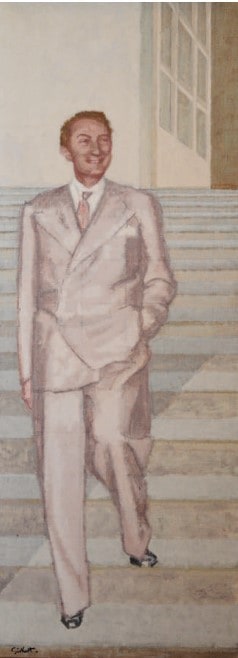
Art writer and curator Paul Carey-Kent sees a lot of shows: we asked him to jot down whatever came into his head
